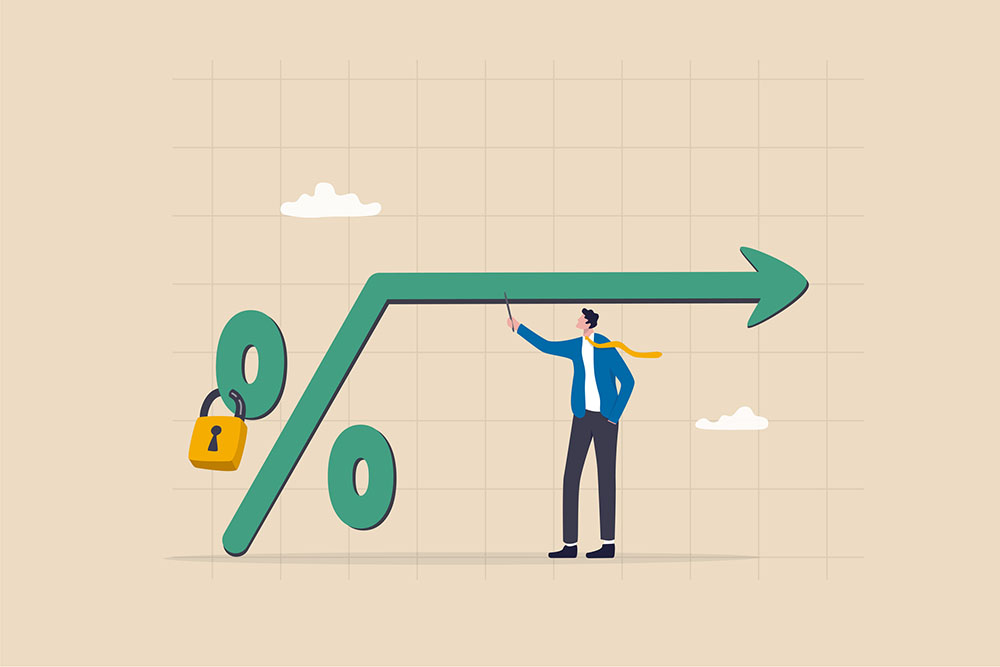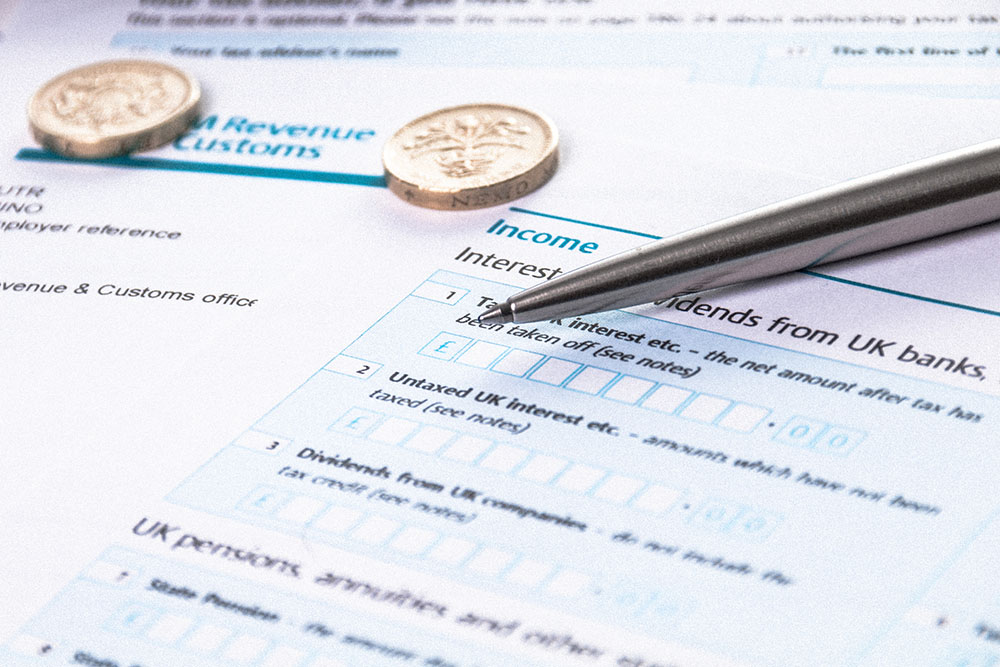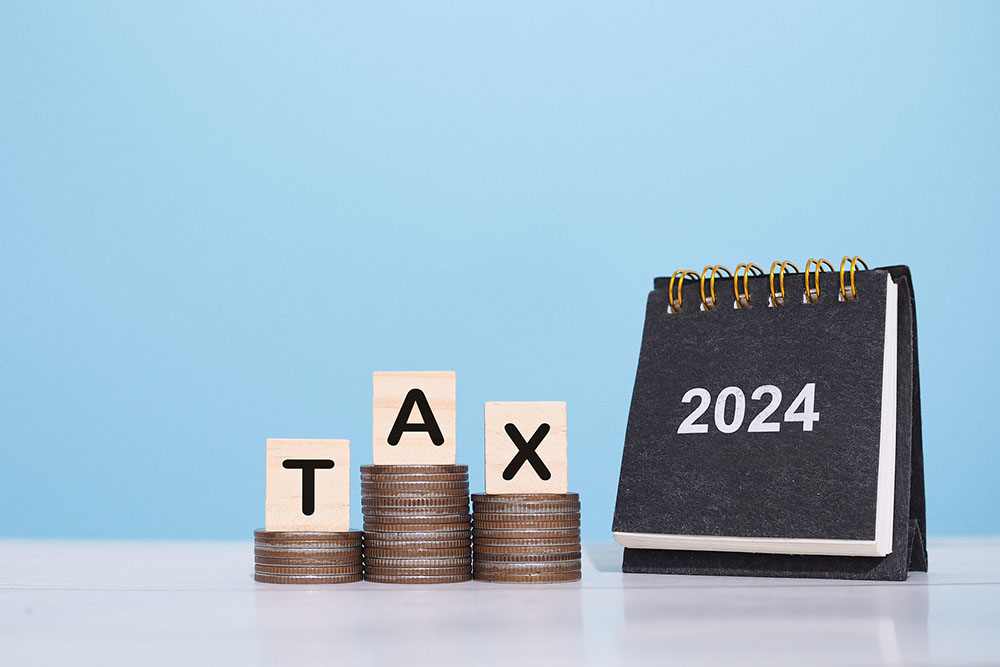Investing: a short guide for beginners
This content is for information purposes only and should not be taken as financial advice. Every effort has been made to ensure the information is correct and up-to-date at the time of writing. For personalised and regulated advice regarding your situation, please consult an independent financial adviser here at Castlegate in Grantham, Lincolnshire or other local offices.
For beginners, investing can seem both intriguing and intimidating. You might be excited by the idea of building wealth, yet confused by the jargon and concepts put forward by the investing world. The good news is that anyone can get started with investing in 2024 if they take the time to develop financial education.
After reading this article, our hope is that investing will seem more inspiring and less unnerving to you. Below, our Lincoln-based financial advisers explain, in broad terms, what investing is, how it works and why it is important.
We hope these insights are helpful to you. To discuss your own family financial plan with us, please get in touch to arrange a no-obligation financial consultation, at our expense:
01476 855 585
info@casfin.co.uk
What is investing?
At its core, investing is about committing resources now (e.g. money) to reap benefits in the future. For instance, a small business might “invest” by purchasing better equipment for making its products – perhaps to eventually produce faster and more cheaply later.
For an individual, “committing resources” might involve making a regular payment into an investment account (e.g. a Stocks & Shares ISA) – or, committing a lump sum. This is slightly different from saving which tends to be for the short term, such as putting money aside for emergencies or an imminent mortgage deposit. Rather, investing usually focuses on achieving longer-term goals, such as building up a retirement fund.
Investing also involves a different level of risk to cash savings. With the latter, you are guaranteed a certain interest rate from the bank. However, your investments may not “pay off”; you could get back less than what you originally invested. However, the potential returns are often higher than the interest offered from cash savings.
What are some examples of investments?
There are many types of investments in the world. However, a good starting point is to learn about two main types: equities and bonds. These two “asset classes” form the bulk of most investment “portfolios” recommended by financial advisers (although the mixture will differ depending on different individuals’ needs and goals).
Equities tend to refer to company shares which can be bought on the stock market. To give a very simple example, if a company offers 100 shares for purchase, then an investor who buys 30 units would own a 30% “equity stake” in the business. If the company later pays out a “dividend” (a share of recent profits) to investors, that person would get 30% of the amount.
In reality, individual company shares (e.g. on the UK’s main stock exchange) are typically far more numerous and can be expensive to buy as single units. This is where “equity funds” can help. Here, an investor can buy shares in the equity fund alongside other investors. Their money is then invested into multiple companies on their behalf.
Bonds operate a bit like bank loans – except you (the investor) are the “lender” and a government, or company, is the “borrower” asking for money. By purchasing bonds on the market, an investor can hope to eventually get her money back – with interest. Similar to equities, these can be purchased via “bond funds”.
How do I get started with investing?
Your bank might offer some different options for building an investment “portfolio” (i.e. a set of investments). However, this may not be the best choice. Dedicated investment platforms exist today which may offer lower fees and more choices. It is worth shopping around.
A good rule of investing is to never invest in something you do not understand. Therefore, be careful not to rush into things. Take time to think about your goals. What do you want your investments to “do”? For instance, do you want them to generate a regular income alongside your salary? Or, are you more focused on growth – e.g. to build a strong retirement fund which you can use to fund your lifestyle in 20-30 years?
Consider how much investment risk you are comfortable with. For example, ask yourself: “If my investments suddenly fell 20% tomorrow (e.g. due to a stock market crash), how would I feel and how would I react?” If you know that you would face an overwhelming urge to leave the market, possibly crystallising investment losses in the process, then you may wish to focus on more “defensive” (or “safe”) assets like A-grade bonds which are considered to offer a low risk of default. Conversely, if you know that you could ride out the investment “storm”, in realistic hope of reaping greater investment returns later (when the market recovers), then you might wish to concentrate more on equities.
Investing is usually best done with the help of an experienced financial adviser. This professional can provide an objective second opinion on key questions or concerns which you may have as an investor. They can also provide reassurance and guidance during more difficult times in the market, helping you to remain faithful to your long-term investment strategy. If you are interested in starting that journey with us, then we would love to hear from you.
Invitation
If you are interested in discussing your own financial plan or investment strategy with us, please get in touch to arrange a no-commitment financial consultation at our expense:
01476 855 585
info@casfin.co.uk












